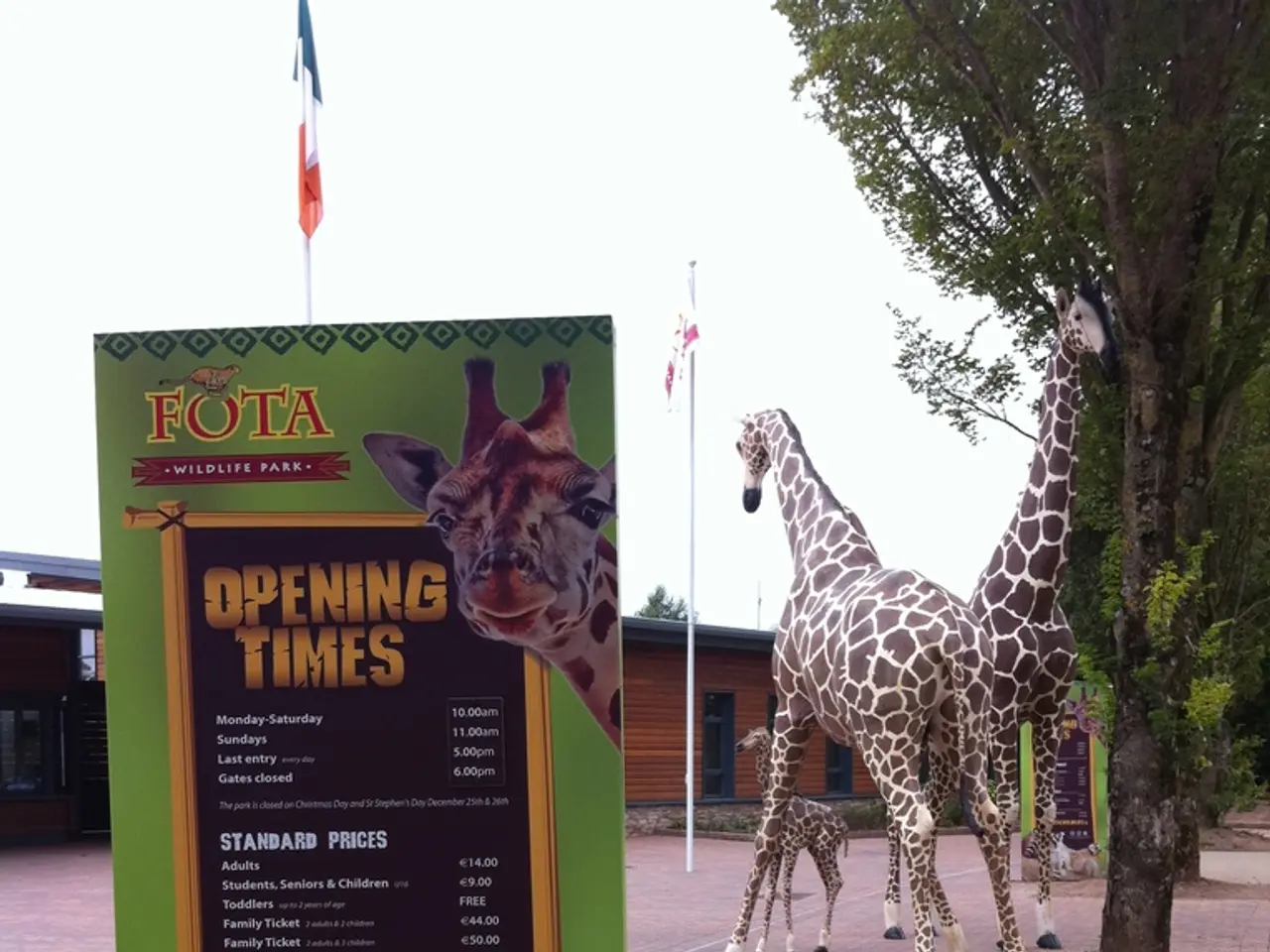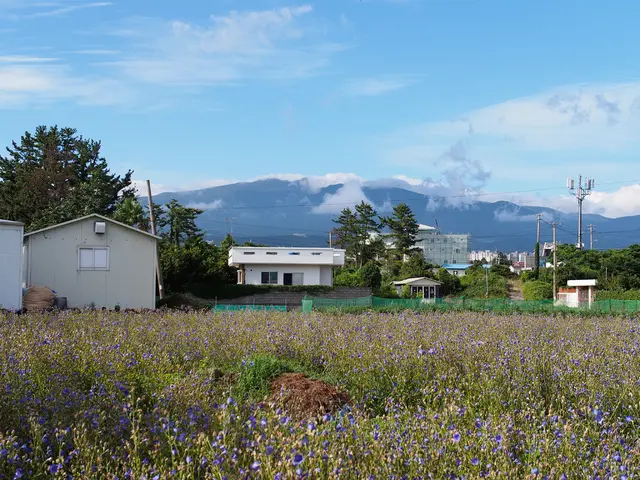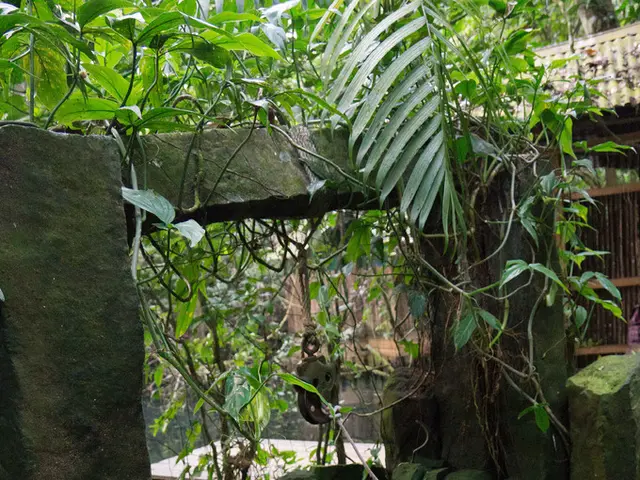Dispute stirs over Ambani zoo's aggressive hunt for elusive parrot species
The Vantara animal rescue and rehabilitation centre in India, spread across 3,500 acres and home to over 2,000 species of animals, has found itself at the centre of a global controversy.
Recent media tours of the centre showcased kitchens stocked with premium products used to prepare treats for elephants, including popcorn. However, the centre's most recent import has caused a stir - the Spix's macaw, a bird declared extinct in the wild in 2019.
The Spix's macaws were flown to Ahmedabad from Berlin on February 4, 2023, according to customs bill of entry. The costs, insurance, and freight amounted to $969 per macaw, totaling $25,194. The Vantara spokesperson stated that the transfer was a conservation breeding arrangement with the Association for the Conservation of Threatened Parrots (ACTP), and was "entirely lawful, non-commercial."
However, Brazil claims it did not consent to the parrots' passage to India. Last year, Germany rejected an application for a further transfer of Spix's macaws to Vantara due to the zoo not being a participant in the species' population management program. Brazil ended its agreement with ACTP last year, accusing the group of sending Spix's macaws to other countries in "commercial transactions" without Brazilian consent.
India's government defended Vantara at CITES meetings, stating that the facility is a "recognised centre for conservation breeding." The Brazilian government agency, Chico Mendes Institute for Biodiversity Conservation, however, stated that Vantara has not joined the Spix's Macaw Population Management Program, which is a fundamental condition for the official involvement in the species conservation effort.
The Indian Supreme Court ordered investigators to examine whether Vantara's acquisitions and treatment of animals complied with Indian laws and the Convention on International Trade in Endangered Species of Wild Fauna and Flora (CITES). The court this week said investigators found no illegality. Customs taxes and local duties of $19,000 were waived in line with Indian practice for these imported Spix's macaws.
The Vantara centre has imported an extraordinary range of exotic species from various countries since 2022, including snakes, tortoises, tigers, cheetahs, giraffes, chimpanzees, rhinoceroses, and reptiles. During Modi's visit to Vantara, an eight-minute video was released showing him feeding lion cubs, elephants, rhinos, and giraffes. A picture also showed a Spix's macaw perched on a prime ministerial hand.
CITES documents published ahead of its next meeting in November show progress in resolving the inquisition, with consultations involving Brazil, India, and Germany. Brazilian officials are expected to provide an update. The decision regarding the rejected application is currently subject to legal proceedings.
In the year ended March 2024, only 20% of the animals that reached Vantara were from India, and the centre has imported species from 40 countries. The total declared value of these imported shipments was $9 million, but a Vantara spokesperson stated that this reflected freight and insurance charges, not payments for wildlife.
The controversy surrounding Vantara's import of endangered species continues to unfold, with questions about conservation breeding arrangements, international agreements, and the treatment of these precious creatures.








